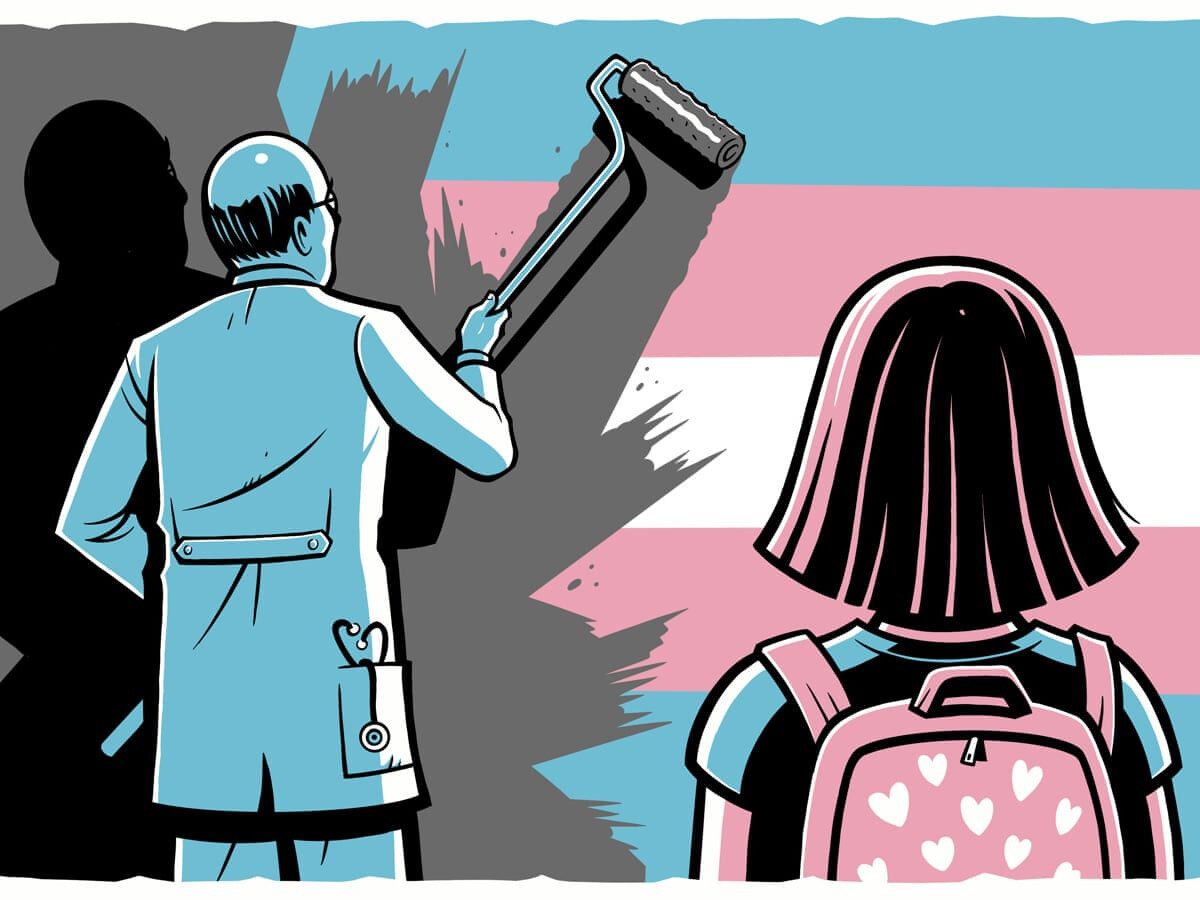Alright, let’s get real. If you’re LGBTQIA+ and living in a rural area, you’re probably navigating a healthcare system that feels more like a minefield than a safety net. Between limited resources, rampant discrimination, and good ol’ fashioned ignorance, getting the care you need can be an absolute nightmare. But it’s not all doom and gloom. Let’s dive into the crap rural LGBTQIA+ folks face when it comes to healthcare and, more importantly, how to fix this mess.

Barriers to Rural LGBTQIA+ Healthcare
1. Lack of Providers Trained in LGBTQIA+ Care
Most rural areas are dealing with a major shortage of healthcare providers in general, let alone ones who know what the hell they’re doing with LGBTQIA+ patients. Without proper training, many doctors don’t understand the unique health needs of LGBTQIA+ folks—whether it’s hormone therapy, HIV prevention, or mental health support.
2. Discrimination and Bias
Let’s not sugarcoat it: discrimination in healthcare is alive and well. A 2020 study found that 1 in 6 LGBTQIA+ adults reported being discriminated against by a healthcare provider. For rural folks, where options are already slim, that’s like being told, “Too bad, guess you’re on your own.”
3. Limited Access to Specialized Services
Rural areas aren’t exactly brimming with gender clinics or LGBTQIA+-friendly counseling centers. Need hormone replacement therapy or gender-affirming surgery? You’re probably looking at a road trip to the nearest city, and not everyone has the time, money, or means to make that happen.
4. Stigma and Lack of Privacy
When everyone knows everyone else in a small town, privacy becomes a luxury. It’s not just about whether the doctor is LGBTQIA+-friendly—it’s about whether the receptionist, the nurse, or the person who stocks the pharmacy will keep their mouths shut.
5. Insurance and Cost Barriers
Even if you find an LGBTQIA+-friendly provider, good luck getting your insurance to cover the care you need. Many rural LGBTQIA+ folks are underinsured or uninsured, thanks to lower incomes, job discrimination, or crappy employer-sponsored plans that don’t cover gender-affirming care.
6. Mental Health Challenges
Let’s not forget that rural areas often lack mental health resources in general. Add in the higher rates of depression, anxiety, and suicidal ideation among LGBTQIA+ individuals, and you’ve got a recipe for disaster. A phone hotline isn’t a substitute for real, accessible therapy.
Solutions to Fix This Broken System
1. Increase Provider Training
Healthcare providers need to get their shit together when it comes to LGBTQIA+ care. Medical schools and continuing education programs should make LGBTQIA+ health training mandatory, not optional. Rural providers especially need resources to understand gender-affirming care, HIV prevention, and how to create a welcoming environment for queer patients.
2. Expand Telehealth Options
Telehealth has been a game-changer, especially during the pandemic, but we’ve only scratched the surface of its potential. By expanding telehealth services, LGBTQIA+ folks in rural areas can access specialists without spending half their paycheck on gas. States need to prioritize broadband expansion to make this a reality.
3. Fund LGBTQIA+ Health Clinics
We need more federally funded clinics specifically for LGBTQIA+ care. These clinics can bridge the gap for rural folks who can’t access services locally. Mobile clinics could also serve remote areas, bringing care directly to the community instead of forcing people to travel.
4. Strengthen Anti-Discrimination Protections
Laws protecting LGBTQIA+ people from discrimination in healthcare need teeth. No loopholes, no exceptions. This includes making it illegal for insurers to deny coverage for gender-affirming care or for providers to turn patients away based on their sexual orientation or gender identity.
5. Community Outreach and Education
We can’t fix this shit if people don’t know it’s broken. Community organizations, nonprofits, and even local governments need to step up and educate rural communities about LGBTQIA+ health issues. This includes training for providers and resources for LGBTQIA+ folks about their rights and options.
6. Insurance Reform
Let’s cut the crap and push for comprehensive insurance reform. Gender-affirming care, HIV prevention, and mental health services should be standard coverage—not a special perk you’re lucky to get. Medicaid expansion in rural states would also go a long way in helping uninsured LGBTQIA+ folks.
7. Support Peer Networks
Peer networks can be lifesavers, literally. Rural LGBTQIA+ folks need support groups, online communities, and mentorship programs to help them navigate the healthcare system and feel less isolated. These networks can also advocate for better local services.
Real Talk: Why This Matters
If you’re reading this and thinking, “Why should I care?” here’s the deal: healthcare is a basic human right, and no one should have to jump through flaming hoops to get it—especially not because of who they are or where they live. Rural LGBTQIA+ folks deserve better, and it’s up to all of us to make it happen.
Fixing this broken system isn’t just about policy changes or throwing money at the problem (though that’d be nice). It’s about creating a world where LGBTQIA+ people in every corner of the country feel seen, heard, and cared for. And yeah, it’s gonna take time, but every step forward is worth it.
Bibliography
"Health Disparities Among LGBTQIA+ Rural Residents." American Journal of Public Health, 2020. https://ajph.aphapublications.org
"LGBTQIA+ Healthcare in Rural America: Challenges and Opportunities." National Rural Health Association, 2021.
"The Impact of Discrimination on LGBTQIA+ Health Outcomes." Human Rights Campaign Foundation, 2019.
"Telehealth Expansion for Underserved Communities." Journal of Telemedicine and Telecare, 2022.
"Gender-Affirming Care in Rural Settings: A Critical Need." Journal of the American Medical Association (JAMA), 2021.